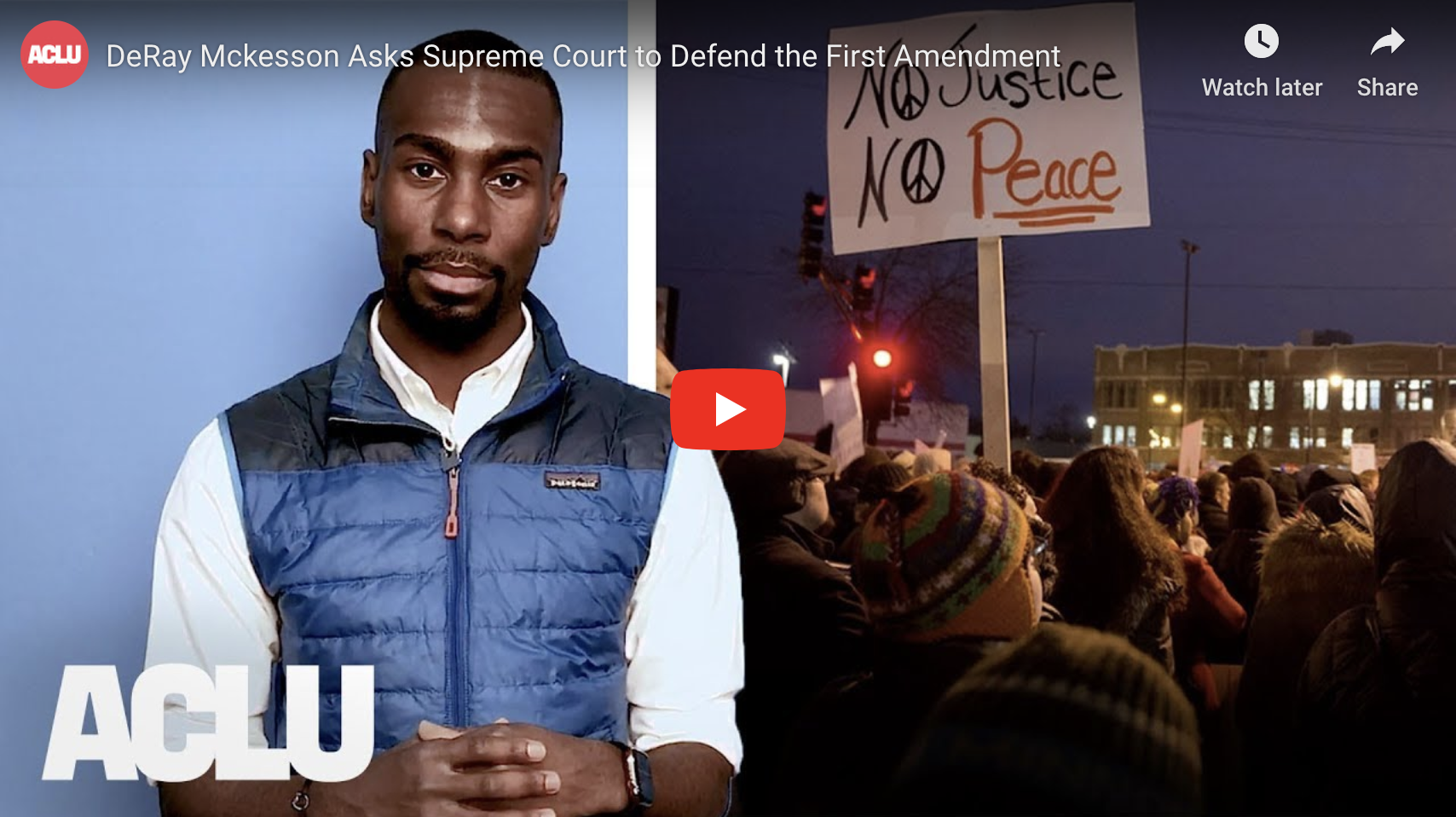By Chad Marlow, ACLU Senior Advocacy and Policy Counsel
The COVID-19 coronavirus outbreak that has ravaged our nation and world has had many jarring moments. For parents and their children, one of those came with the mass closing of our schools. Tens of millions of children faced having their educations grind to a halt, including 1.1 million children in New York City’s public schools alone — a number which includes two of my own.
While Americans have grown understandably weary of the tech industry, which repeatedly puts its profits ahead of Americans’ personal privacy, recent offers by companies like Google (via its Google Classroom app) and GoGuardian to provide their remote learning platforms to students for free during the pandemic seemed like a godsend. After all, it would enable U.S. students, at no cost, to continue to learn from the safety of their own homes.
Maybe the tech industry tiger is changing its stripes. Or maybe the tech industry devil just glued a fake halo on top of its horns. The answer to that question all depends on whether they will insist on undermining students’ privacy as a condition of helping them.
For years, the ACLU has expressed concerns about how the tech industry’s educational products — often classified under the name EdTech — are used to gather massive amounts of highly personal student information. Further, some of these products troublingly enable EdTech companies and schools to spy on students despite no evidence of wrongdoing — a practice that further exacerbates the over-disciplining of students of color. We at the ACLU have launched national efforts to encourage states to pass laws protecting student privacy, offered suites of model bills to assist their efforts, and spoken out against ever-increasing student privacy invasions.
Now that the COVID-19 pandemic has created an unprecedented opportunity for EdTech companies to make the use of their privacy-violating educational products nearly universal, there is a real risk that these companies, under the guise of a generous act, will use this opportunity to create personal information dossiers on an entire generation of young Americans.
One could argue that such an interpretation is very cynical; it is a textbook example of looking a gift horse in the mouth. Perhaps it is. In fairness, the tech industry has made trillions of dollars giving away “free” products that are not actually free: Americans, knowingly or unknowingly, pay for their products by giving them troves of personal information, which the companies then use to make staggering profits.
The good news is that Americans and their governments should not — and do not have to — feel trapped into choosing between students’ education and privacy rights. There is a simple, four-part approach governments and school districts can and should take when accepting (or continuing to use) the “free” remote learning platforms EdTech companies like Google and GoGuardian have offered. If these EdTech companies are truly acting in the best interests of students and teachers here, they shouldn’t object at all.
It’s as simple as this:
Step One: To the extent these remote learning platforms are being provided for free specifically to help students learn remotely, that is a wonderful act and should be appreciated. Let’s start by thanking these EdTech companies for their generosity.
Step Two: Use of these “free” remote learning platforms, which will likely feel mandatory for students and families during this crisis, should not be conditioned on students allowing EdTech companies to gather up and retain their private and personal information. Governments, including school districts, should insist EdTech companies limit their personal information gathering to only what is directly necessary for their platforms’ remote learning functionality. Moreover, these EdTech companies should be required to expunge all the personal information they gather during this crisis when it resolves, unless a student specifically opts-in to it being retained (via a clear, post-crisis request, and not as part of a broad user agreement they sign now under pressure).
Step Three: Governments and school districts should insist EdTech companies disable any surveillance functions that may accompany their remote learning platforms, including communications and social media monitoring, keyword alerts, and web filtering functions. Students and their families need these platforms to learn at home, not to allow companies and school districts to spy on them; receiving the former should not be conditioned on exposing oneself to the latter.
Step Four: To ensure the EdTech companies keep their promises, they should consent to government auditing of their compliance after the pandemic subsides.
If the EdTech companies are truly providing their remote learning platforms for free to help students and their families during this terrible and challenging time, they should have no problem instantly agreeing to these conditions. If they balk, we will know they are once again the devil in disguise.
